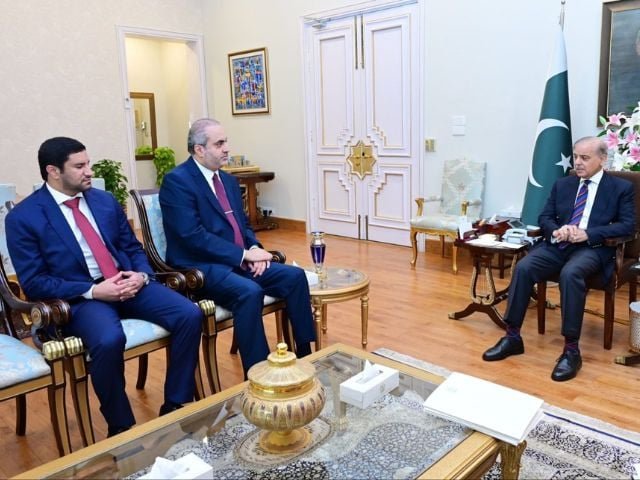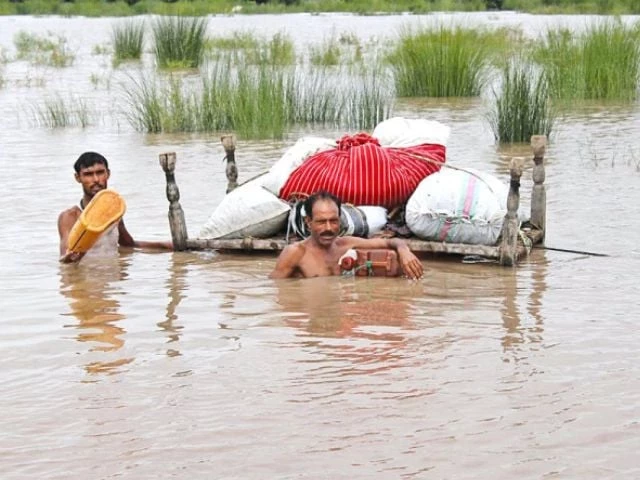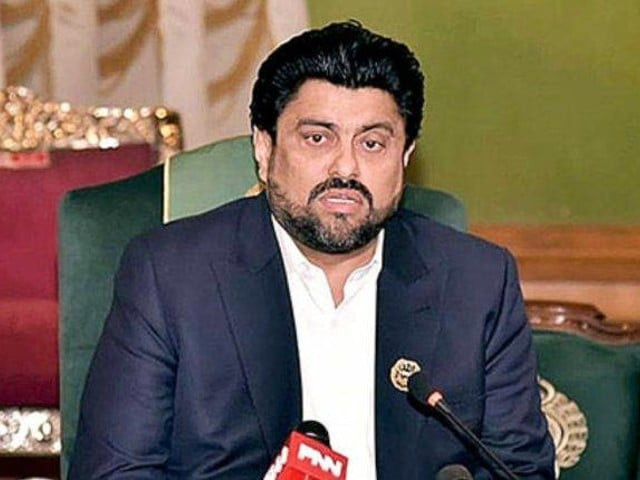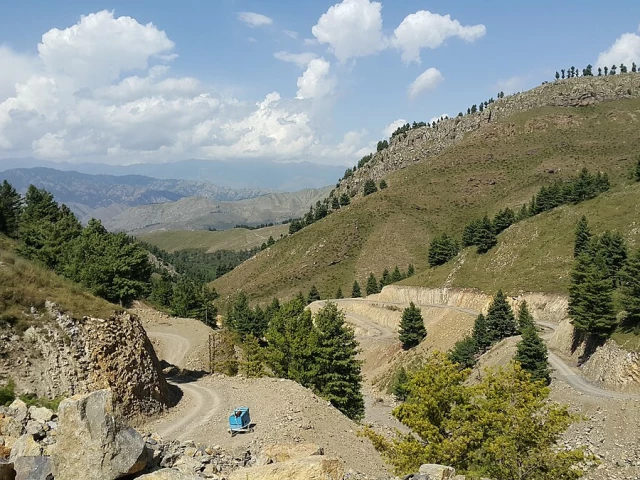Pakistan’s Steadfast Support for Saudi Arabia and Qatar Amid Rising Tensions
Recently, Prime Minister Shehbaz Sharif voiced Pakistan’s strong solidarity with Saudi Arabia and Qatar, amid escalating security concerns following Iran’s missile attacks on a U.S. military base in Qatar. This critical situation has sparked widespread concern, and Pakistan has been actively engaging with its regional allies to foster dialogue and diplomacy.
During a series of meetings in Islamabad, PM Shehbaz spoke with the ambassadors of both nations to discuss the fast-paced developments in the Middle East. His discussions with Saudi Ambassador Nawaf bin Saeed Al Malkiy focused on reinforcing Pakistan’s commitment to peace and stability in the region. Sharing his thoughts on social media, Shehbaz noted, “We will continue to work closely with Saudi Arabia for peace in the region through dialogue and diplomacy.”
This sentiment was echoed during his meeting with Qatari Ambassador Ali Mubarak Ali Essa Al-Khater, where he expressed solidarity with Qatar following the missile attacks. The Prime Minister conveyed his prayers for the safety of the Qatari people, emphasizing Pakistan’s long-standing belief that negotiation is the only path to lasting peace.
In response to the recent attacks, Pakistan’s Foreign Office issued a statement condemning the escalation and urging all parties to respect each other’s sovereignty. The statement called for immediate de-escalation, advocating for adherence to international law principles.
Pakistan’s proactive stance also included telephonic conversations with both ambassadors after the missile strikes. Shehbaz expressed serious concerns and urged restraint, highlighting the importance of maintaining open lines of communication in these unstable times. The ambassadors welcomed Pakistan’s swift outreach, which they described as a meaningful gesture of solidarity.
Highlighting regional dynamics, the recent developments have also seen Israel confirm a U.S.-brokered ceasefire proposal with Iran. While Israeli leaders thanked the U.S. for its support during this period, Iran’s government rejected these claims, asserting they never agreed to a ceasefire. This ongoing tension underscores the complexities of Middle Eastern geopolitics, where alliances and enmities can shift rapidly.
Amidst this backdrop, Shehbaz reiterated that Pakistan remains committed to fostering peace through diplomacy, showcasing the country’s role as a stabilizing force in an increasingly volatile region. As the situation unfolds, all eyes will be on how these nations navigate the choppy waters of international relations, seeking to prevent further destabilization.
In conclusion, Pakistan’s firm diplomatic ties with Saudi Arabia and Qatar could play a pivotal role in mitigating tensions in the Middle East. By prioritizing dialogue and collaboration in these challenging times, Pakistan aims to reinforce its position as a key player in regional peace efforts. The world watches closely to see how these relationships evolve and contribute to broader stability.





